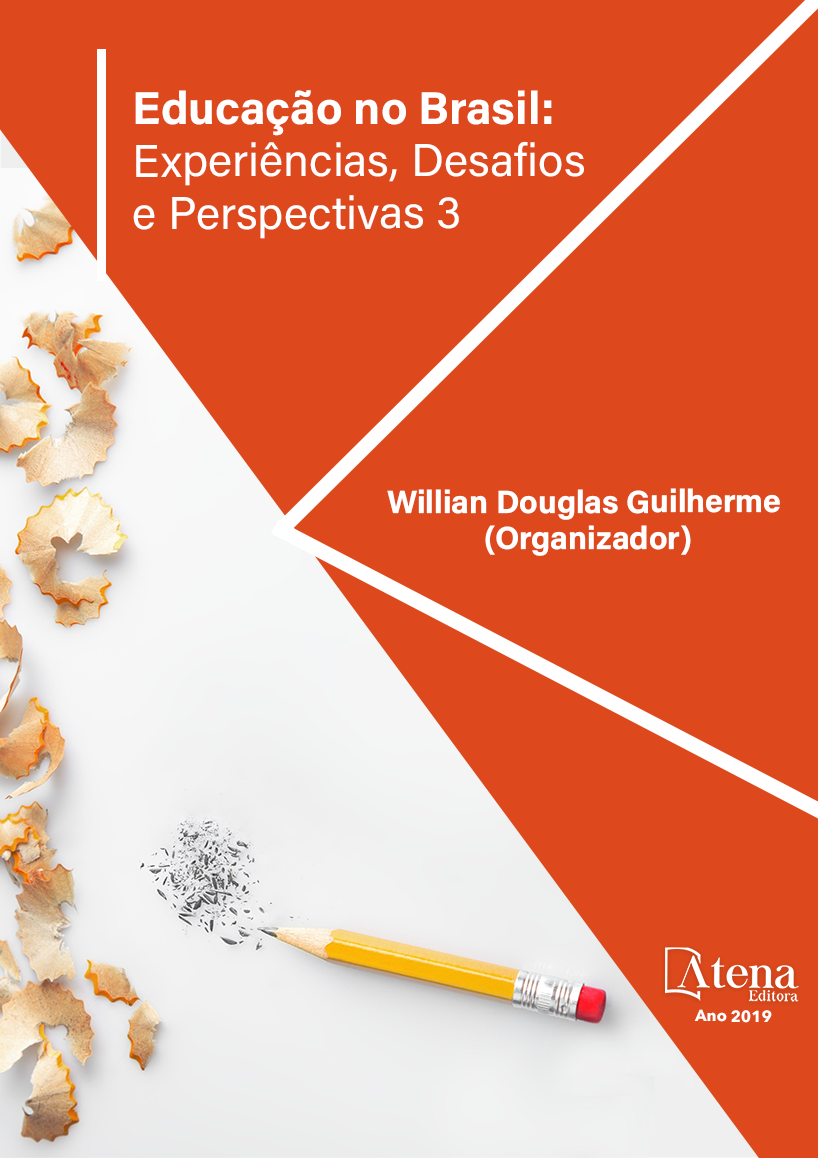
O PROJETO INTEGRADOR COMO INSTRUMENTO DE EFETIVAÇÃO DO CURRÍCULO INTEGRADO NOS DOCUMENTOS OFICIAIS DO IFPA
O presente trabalho tem por objetivo
analisar o tratamento dado ao projeto integrador
como instrumento de efetivação do currículo
integrado nas publicações administrativas
oficiais do IFPA. Utilizou-se como instrumental
metodológico a pesquisa documental e análise
textual em resoluções, instruções normativas,
regulamentos, diretrizes e outros documentos,
para identificar a presença e o tipo de
perspectiva adotada pela instituição sobre a
temática estudada. A organização do artigo
está estruturada em uma parte introdutória;
fundamentação teórica da metodologia e das
categorias conceituais, com embasamento
em Marconi e Lakatos (2003), Gil (2002),
Hernández e Ventura (1998), Libâneo (2005),
Torres Santomé (1998), e Anastasiou e Alves
(2004); descrição dos dados da pesquisa
com tratamento e análise dos documentos;
e, por último, as considerações finais. Como
resultados, indica-se que os documentos
oficiais (IFPA, 2015), (CONIF, 2016), (IFPA,
2017, 2016 e 2018) permitem que os projetos
integradores tenham abertura para ações
práticas de efetivação do currículo integrado, por
serem componentes curriculares obrigatórios
e trazerem conceitualmente uma perspectiva
que dialoga com as teorias apresentadas.
Além disso, possibilita pensar o currículo de
maneira integrada, e não apenas em momentos
fragmentados e estanques.
O PROJETO INTEGRADOR COMO INSTRUMENTO DE EFETIVAÇÃO DO CURRÍCULO INTEGRADO NOS DOCUMENTOS OFICIAIS DO IFPA
-
DOI: 10.22533/at.ed.66919270918
-
Palavras-chave: Projeto Integrador. Currículo Integrado. Documentos do IFPA.
-
Keywords: Integrator Project. Integrated Curriculum. IFPA Documents
-
Abstract:
The present work aims to analyze
the treatment given to the integrative project
as an instrument for the implementation of the curriculum integrated in the official
administrative publications of IFPA. Documentary research and textual analysis were
used as methodological tools in resolutions, regulatory instructions, regulations,
guidelines and other documents, to identify the presence and type of perspective
adopted by the institution on the subject studied. The organization of the article is
structured in an introductory part; theoretical basis of methodology and conceptual
categories, with base in Marconi and Lakatos (2003), Gil (2002), Hernández and Ventura
(1998), Libâneo (2005), Torres Santomé (1998), and Anastasiou and Alves (2004);
description of research data with treatment and analysis of documents; and, finally,
the final considerations. As results, it is indicated that the official documents (IFPA,
2015), (CONIF, 2016), (IFPA, 2017, 2016 and 2018) allow the integrating projects to be
open to practical actions to implement the integrated curriculum, for being compulsory
curricular components and to bring conceptually a perspective that dialogues with the
presented theories. In addition, it makes it possible to think about the curriculum in an
integrated way, and not only in fragmented and tight moments.
-
Número de páginas: 15
- VANDERLEI ANTONIO STEFANUTO
- SORAYA FARIAS AQUINO
- ALESSANDRA RIBEIRO DUARTE
- Robson de Sousa Feitosa


